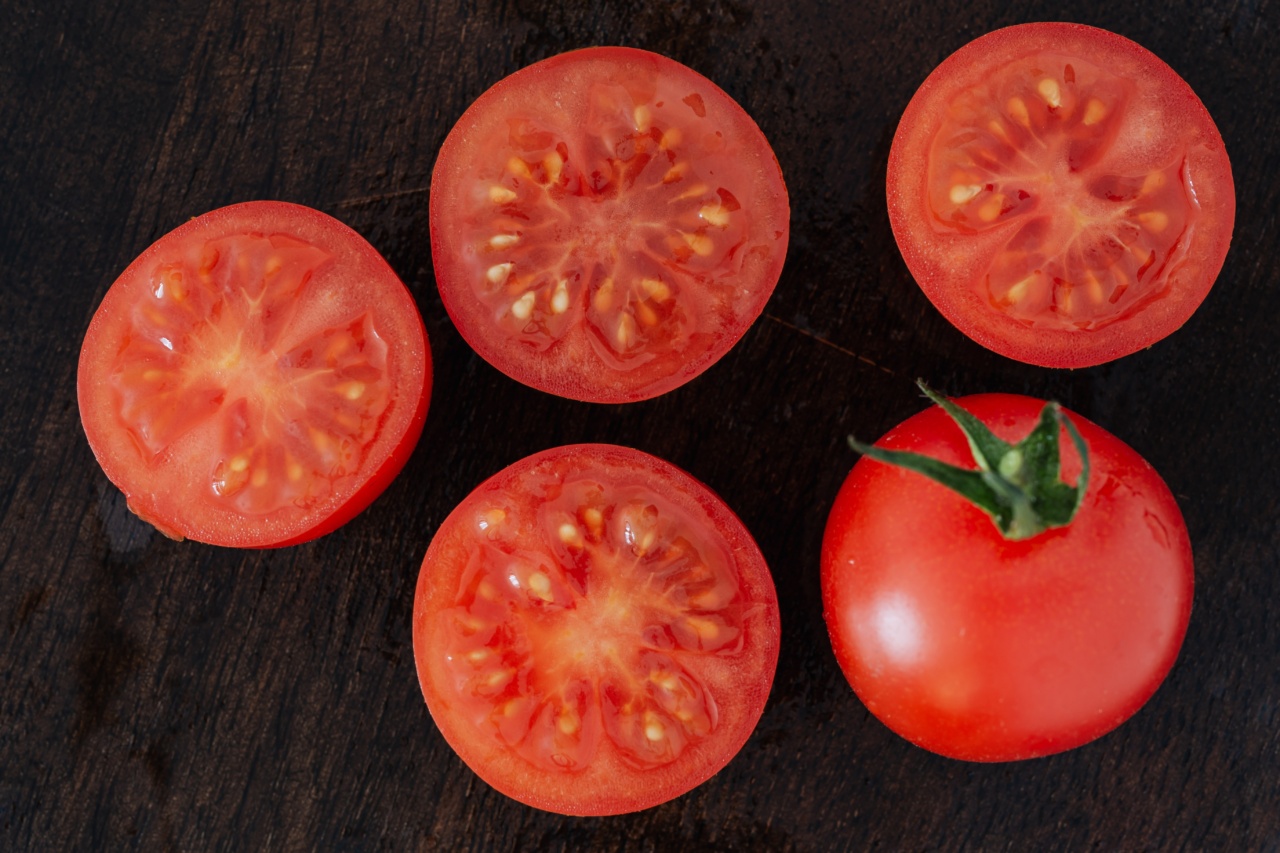Eating a healthy and balanced diet is essential for maintaining good health and preventing various diseases. However, there are certain foods that can be particularly detrimental to our well-being and should be avoided as much as possible.
In this article, we will explore some of the foods that you should consider cutting from your diet in order to potentially save your life.
Sugar-Sweetened Beverages
Sugar-sweetened beverages, such as soda, fruit juices, and sweetened teas, are loaded with added sugars and provide little to no nutritional value.
These sugary drinks have been linked to a multitude of health problems, including obesity, type 2 diabetes, heart disease, and even certain cancers. Opting for healthier alternatives like water, herbal tea, or freshly squeezed juices without added sugars can significantly improve your overall health.
Processed Meats
Processed meats like bacon, sausages, ham, and hot dogs are known to be high in sodium, saturated fats, and preservatives. These unhealthy additives can increase the risk of heart disease, stroke, and certain types of cancers.
Swapping processed meats for leaner and unprocessed options like grilled chicken or fish can greatly benefit both your heart health and overall well-being.
Trans Fats
Trans fats, also known as partially hydrogenated oils, are artificially produced fats commonly found in fried and processed foods like fast food, packaged snacks, and baked goods.
These unhealthy fats raise bad cholesterol levels (LDL) and lower good cholesterol levels (HDL), increasing the risk of heart disease, stroke, and type 2 diabetes. Reading food labels and avoiding products that contain trans fats can improve your cardiovascular health.
Artificial Sweeteners
Artificial sweeteners like aspartame, saccharin, and sucralose are popular alternatives to sugar due to their low-calorie content.
However, they have been linked to various health concerns, including metabolic disorders, weight gain, and an increased risk of developing type 2 diabetes. Avoiding artificial sweeteners and opting for natural sweeteners like stevia or honey in moderation is a wiser choice for long-term health.
Processed Snack Foods
Processed snack foods, such as chips, cookies, crackers, and pre-packaged snack bars, are typically high in unhealthy fats, added sugars, and artificial additives.
Regular consumption of these snacks can contribute to weight gain, high blood pressure, and an increased risk of chronic diseases like heart disease and type 2 diabetes. Replacing processed snacks with healthier options like fresh fruits, nuts, or homemade snacks can significantly improve your overall health.
Refined Grains
Refined grains, including white bread, white rice, pasta, and most breakfast cereals, have gone through processing that removes the bran and germ, stripping away essential nutrients and fiber.
These refined grains are rapidly digested, leading to spikes in blood sugar levels and contributing to weight gain. Opting for whole grains like whole wheat bread, brown rice, and oats can provide more nutrients and a steady release of energy.
Highly Processed Vegetable Oils
Highly processed vegetable oils, such as soybean oil, canola oil, and corn oil, are commonly used in cooking and food processing.
These oils are often high in unhealthy fats, such as omega-6 fatty acids, which, when consumed in excess, can promote inflammation and increase the risk of chronic diseases like heart disease, obesity, and diabetes. Using healthier alternatives like olive oil or coconut oil in moderation can have a positive impact on your health.
Sweetened Breakfast Cereals
Sweetened breakfast cereals are typically marketed as quick and convenient breakfast options, but they are often loaded with added sugars and lack essential nutrients.
Starting your day with a bowl of cereal high in sugar can lead to blood sugar crashes, increased appetite, and a higher risk of developing chronic diseases like diabetes and obesity. Opting for low-sugar or unsweetened cereals fortified with vitamins and minerals, and adding fresh fruits for sweetness, can provide a healthier start to your day.
Fast Food
Fast food meals are typically high in unhealthy fats, sodium, and added sugars, while lacking essential nutrients.
Regular consumption of fast food has been strongly linked to weight gain, heart disease, high blood pressure, and various other health problems. Cooking at home using fresh ingredients and healthier cooking methods can significantly improve your diet and support your overall well-being.
Artificial Food Additives
Artificial food additives, such as artificial colors, flavors, and preservatives, are commonly found in processed foods to enhance their taste, appearance, and shelf life.
However, some of these additives have been associated with allergic reactions, hyperactivity in children, and other health issues. Consuming whole, unprocessed foods and reading labels to avoid products with artificial additives can help safeguard your health.
Conclusion
By cutting these unhealthy foods from your diet, you can potentially save your life and greatly improve your well-being. Remember, making gradual and sustainable changes to your eating habits is key.
Opt for whole, unprocessed foods whenever possible and focus on a balanced diet rich in fruits, vegetables, lean proteins, and healthy fats. Your body will thank you for it!.



























